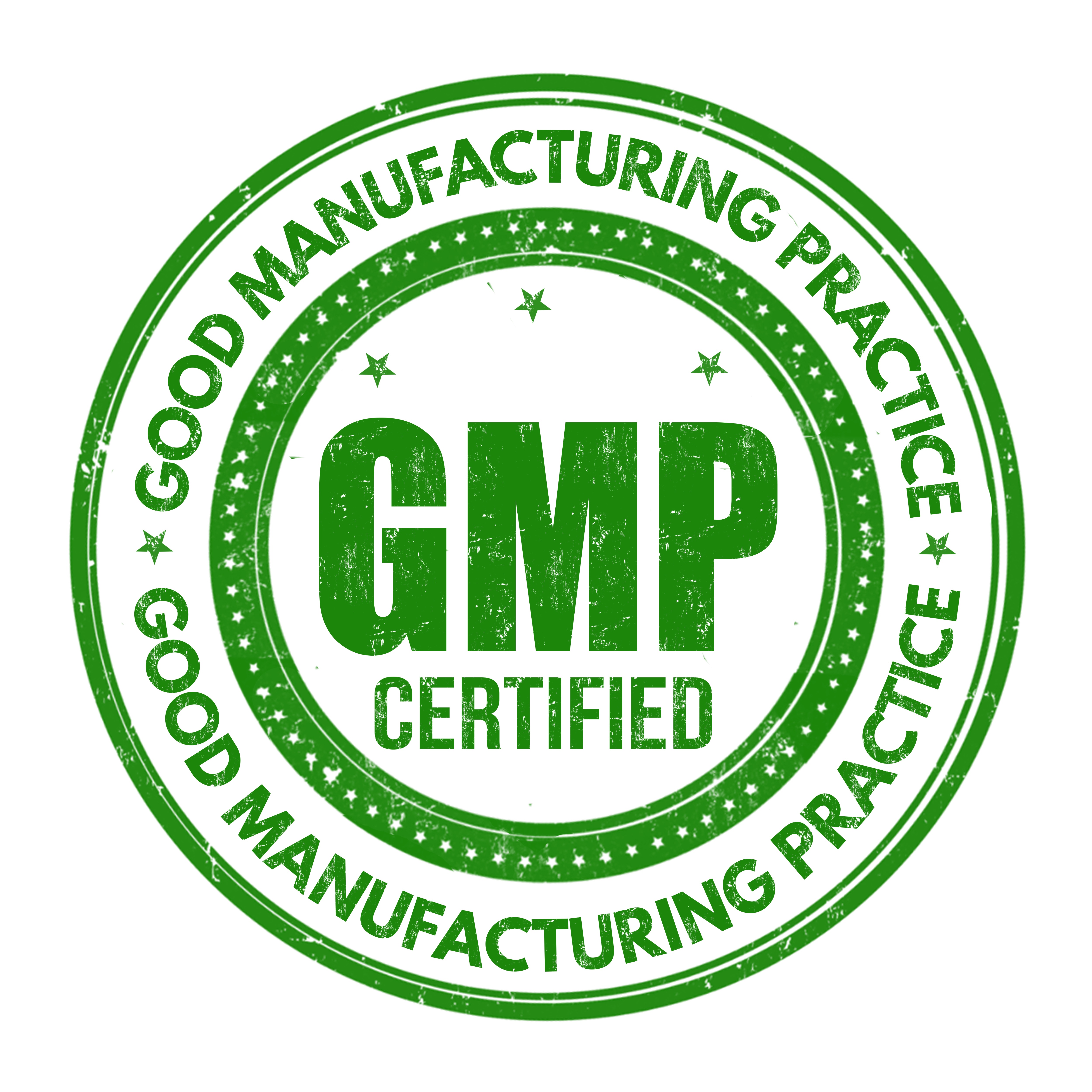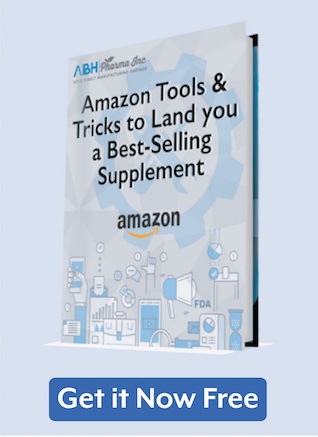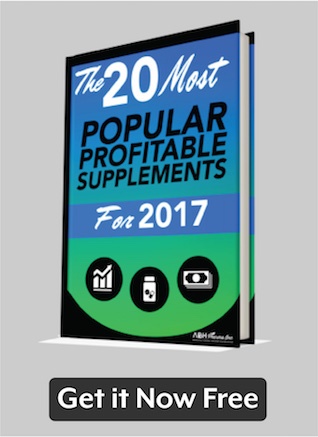Supplement Label Transparency is Key
These days, there is a higher demand for transparent supplement labels and natural ingredients in nutritional supplements, vitamins, foods, and other consumer products than ever before.
In fact, one Nielsen study found that nearly 50% of Americans shop for natural and organic products  whenever possible, and the majority of them are willing to pay more money for goods with an "all-natural" ingredient list.
whenever possible, and the majority of them are willing to pay more money for goods with an "all-natural" ingredient list.
As a result, many vitamin and supplement manufacturers have been in a rush to revamp their formulas and ingredients to make their products more appealing to consumers.
Unfortunately, however, this has led to some misunderstandings by major supplement manufacturers and producers in the United States.
In an effort to increase sales, many less-than-honest producers began labeling their products as "natural," "organic," and making similar claims dishonestly regardless of the strict supplement manufacturing regulations.
Many class-action lawsuits later, the United States Food and Drug Administration has established more strict requirements for consumer product labeling, as well as more stringent punishments for companies that are misleading or dishonest about their labeling.
Natural Claim Requirements
The "natural" claim on labels has perhaps generated some of the most controversy, with the FTC announcing in April of 2016 that four major companies that falsely sold products online under the pretense of being "all-natural" were settling major lawsuits against them after their formulas were found to contain synthetic ingredients.
As a result of this and many other lawsuits, there are now more strict and clearly laid out requirements for placing "natural" labels on vitamins, supplements, food, and other consumer products. Unfortunately, these are still very much a work in progress.
Currently, when it comes to natural claim requirements, products must contain absolutely no fillers, by-products, or artificial ingredients. Still, consumers are always advised to read the ingredients list anytime they see a product labeled as "natural" or "all-natural" to be sure.
Gluten Free Claim Requirements
These days, an increasing number of people identify as having a gluten intolerance, which means
more consumers are turning to gluten-free goods to avoid the unpleasant side effects that can come along with gluten intolerance, such as:
- headaches/migraines
- skin problems
- nausea, vomiting, and/or diarrhea
- muscle problems
Fortunately, there are very clear guidelines laid out for gluten free claim requirements in consumer  products.
products.
Specifically, any products that is to be labeled "no gluten," "free of gluten," or "without gluten" cannot contain any ingredient with grains (such as wheat, barley, or any other type).
If it does contain these grains, it must be processed to remove all sources of gluten. The final product, when tested, cannot contain more than 20 parts per million of gluten.
Healthy Claim Requirements
Advertising and labeling something as "healthy" seems rather arbitrary, which is why the Food and Drug Administration has taken it into their own hands to set some specific healthy claim requirements as a means of protecting consumers from misleading labeling and advertising.
Specifically, in order for a consumer good to be properly labeled as healthy, it must contain at least 10% daily value of:
- fiber, iron, calcium, or protein
- vitamins A and C
Furthermore, it must fall in line with specific requirements when it comes to the maximum levels of sodium and cholesterol allowed in a consumer product, as well as requirements for low fat claims.
It is important, however, to take these labels with a grain of salt, as some generally accepted "health foods" like avocado, nuts, and fish do not meet these requirements.
Organic Claim Requirements
With so many people making an effort to eat organically these days, requirements on labeling  consumer products as organic have become understandably more strict.
consumer products as organic have become understandably more strict.
Currently, there are some very specific standards that a product needs to meet in order to be considered organic by the FDA.
These organic claim requirements are related to the percentage of organic material and ingredients used in a particular product.
The FDA has actually broken down organic labeling into a few different options below that are based on percentage of organic ingredients:
- "100% organic" means that every ingredient in the product is organic
- "Organic" means at least 95% of the ingredients are organic
- "Made with organic ingredients" means anywhere from 70% to 95% of the ingredients are organic
For products with less than 70% of organic ingredients, no label is allowed, though the organic ingredients are allowed to be listed in their own section on the product's ingredient list.
Non-GMO Claim Requirements
Finally, with more Americans on the hunt for non-GMO products, there are also some very specific non-GMO claim requirements in place to to help consumers make informed decisions and avoid goods with high amounts of genetically modified organisms (which, studies suggest, may be harmful to one's health).
However, because strict GMO laws were only relatively recently passed (in July of 2016), food and vitamin/supplement producers have until July of 2018 to start measuring and disclosing exactly how many and how much of the ingredients in a particular product contains GMOs ingredients.
Unfortunately, until then, there is really no way to prove that an item labeled as "non-GMO" or "GMO-free" is actually free of these ingredients, so consumers should take these kinds of claims with a grain of salt while shopping.
Advice for Consumers for Supplement Label Claims
While it's true that the FDA is becoming increasingly strict about the types of labels manufacturers are allowed to put on their foods and other consumer products, it's important to note that consumers still have an important responsibility while shopping.
Specifically, all consumers should know how to read nutritional and ingredients labels to make more informed decisions about the products they buy.
Rather than simply taking these labels at face value, taking the time to carefully read through ingredient lists and being on the lookout for unfamiliar ingredients will help consumers make healthier decisions for themselves and for their families.
Generally, the shorter the ingredient list on a package (and the more recognizable the ingredients), the better. Of course, those with sensitivities and allergies to certain ingredients will need to be even more careful while shopping for vitamins, supplements, and any other consumer goods.
Thanks to FDA requirements, there will hopefully be fewer instances of consumer product manufacturers being dishonest about their labeling. In the meantime, consumers would be well served to have a solid understanding of what constitutes a natural, organic, GMO-free, gluten-free, or "healthy" consumer product.
Consequences of Illegal Supplement Label Claims
Illegally using an emblem that supports a specific claim on your label that you don't possess can lead to heavy consequences. Those foolish enough to attempt this leave themselves open to getting their products yanked form the shelves and paying a heavy fine. Not only that your brand reputation will plummet. People would know that your brand has been taken down before due to illegitimate label claims and won’t trust any label or supplement you manufacture again.
Sources:
3. https://www.glutenfreeschool.com/2014/10/07/signs-of-gluten-sensitivity/
4. https://www.onemedical.com/blog/eat-well/learn-to-read-labels/






